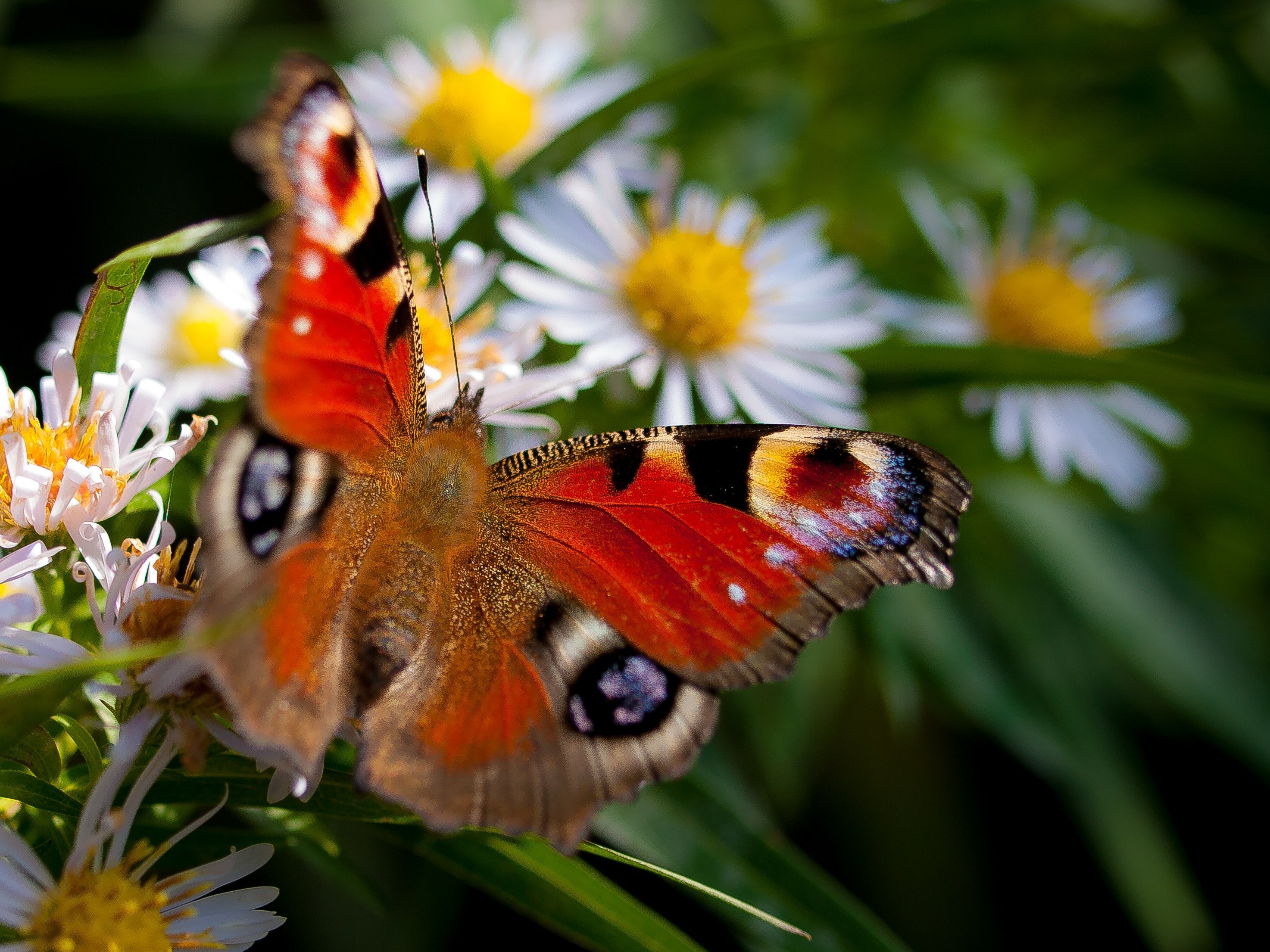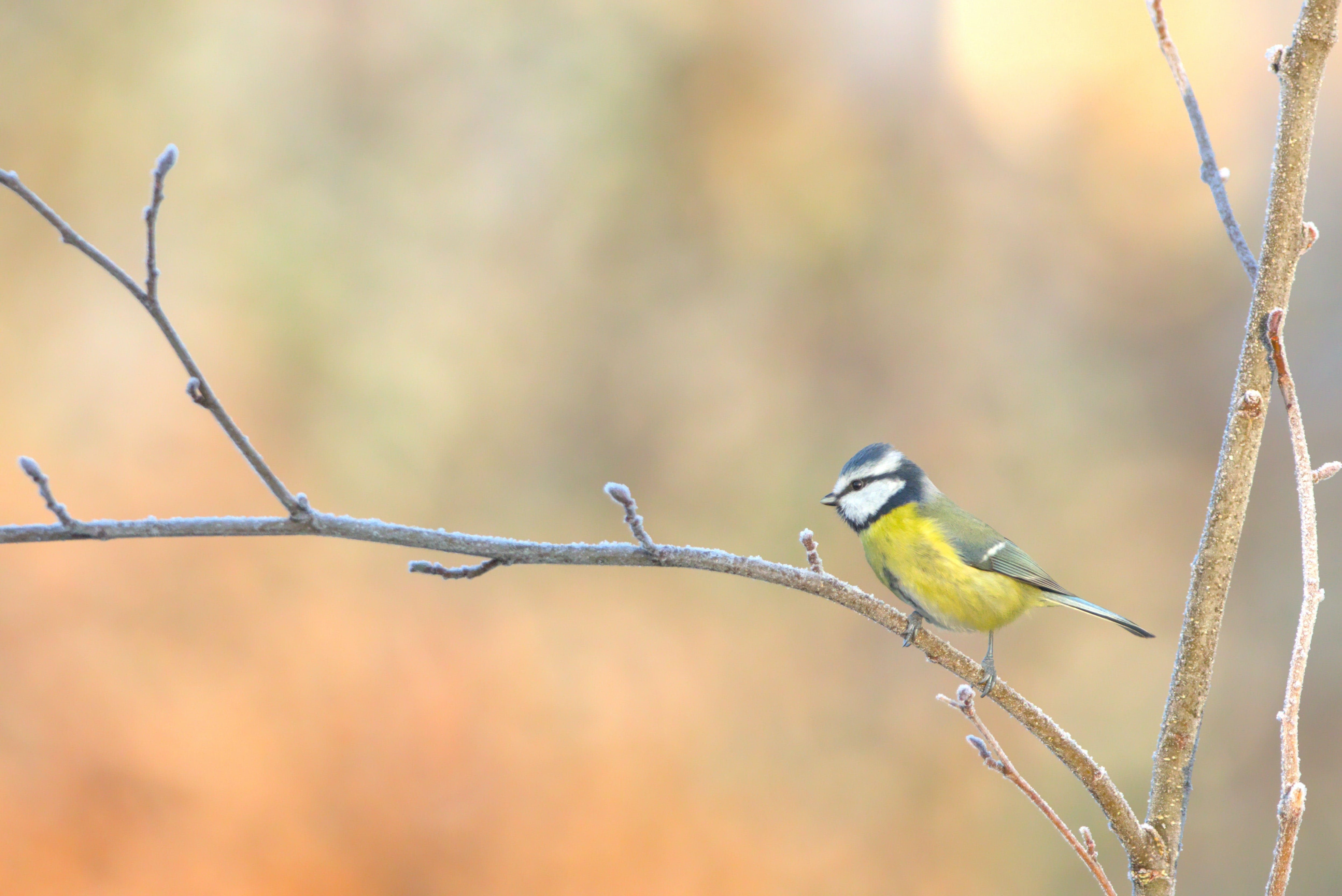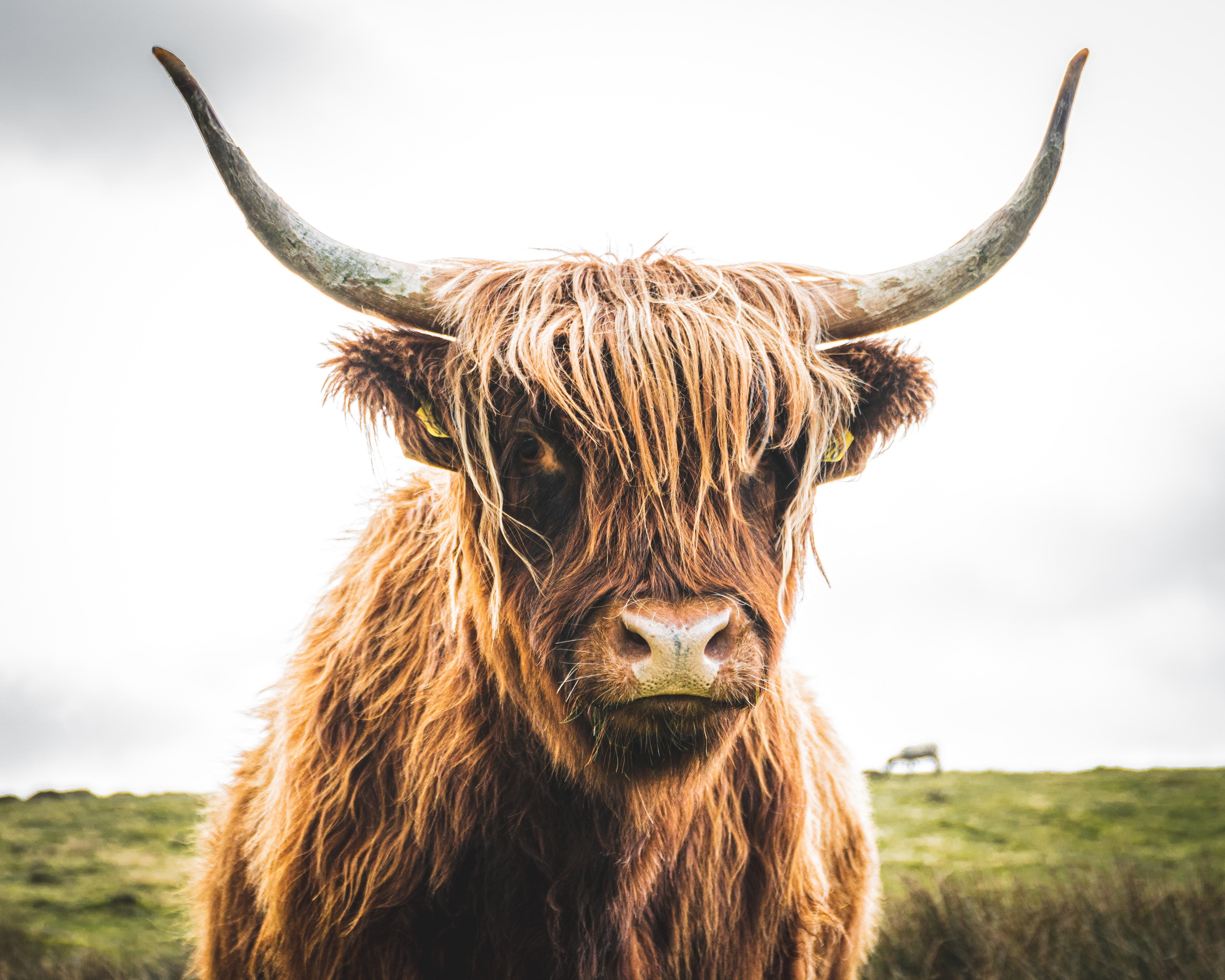
The fascinating world of butterflies in the U.K
Welcome to our website blog, where we explore the fascinating world of butterflies in the United Kingdom and their role in transforming British wildlife.
Butterflies are not only beautiful insects, but they also play a crucial role in maintaining the ecological balance of the environment. There are over 59 species of butterflies in the UK, each with unique characteristics and habitat requirements. These species range from the typical white butterfly to the rare purple emperor butterfly, which can only be found in a few locations in southern England.
Butterflies have a significant impact on British wildlife in several ways. Firstly, they are important pollinators that help ensure plant reproduction. Butterflies feed on the nectar of flowers, and in the process, they transfer pollen from one flower to another. This process helps fertilise the flowers, essential for producing fruits and seeds. With butterflies, many plant species could reproduce and survive, which would have a knock-on effect on the broader ecosystem.
In addition to their role as pollinators, butterflies are also important indicators of the environment's health. Butterflies are highly sensitive to changes in their habitat, and their presence or absence can indicate the state of the ecosystem. For example, suppose a particular butterfly species is no longer found in an area. In that case, this may be a sign that the environment has become degraded and can no longer support that species. Conversely, a healthy population of butterflies can indicate that the domain is thriving and can support a diverse range of species.
Another way in which butterflies play a part in transforming British wildlife is through their role as food for other animals. Butterflies are an essential food source for birds, small mammals, and insects. They form an integral part of the food chain, and their presence helps to support a diverse range of wildlife in the ecosystem.
Finally, butterflies are important from an aesthetic perspective. They are beautiful insects that add colour and vibrancy to the environment. Their presence in the countryside and gardens can enhance the quality of life for humans, and their beauty can inspire us to appreciate and protect the natural world.
In conclusion, butterflies are essential to the UK's wildlife, and their role in transforming the environment cannot be overstated. From their role as pollinators and indicators of environmental health to their importance as food for other animals and their aesthetic value, butterflies play a vital role in maintaining the ecological balance of the environment. Therefore, we must continue to protect and conserve their habitats to ensure that they continue to thrive in the UK.

